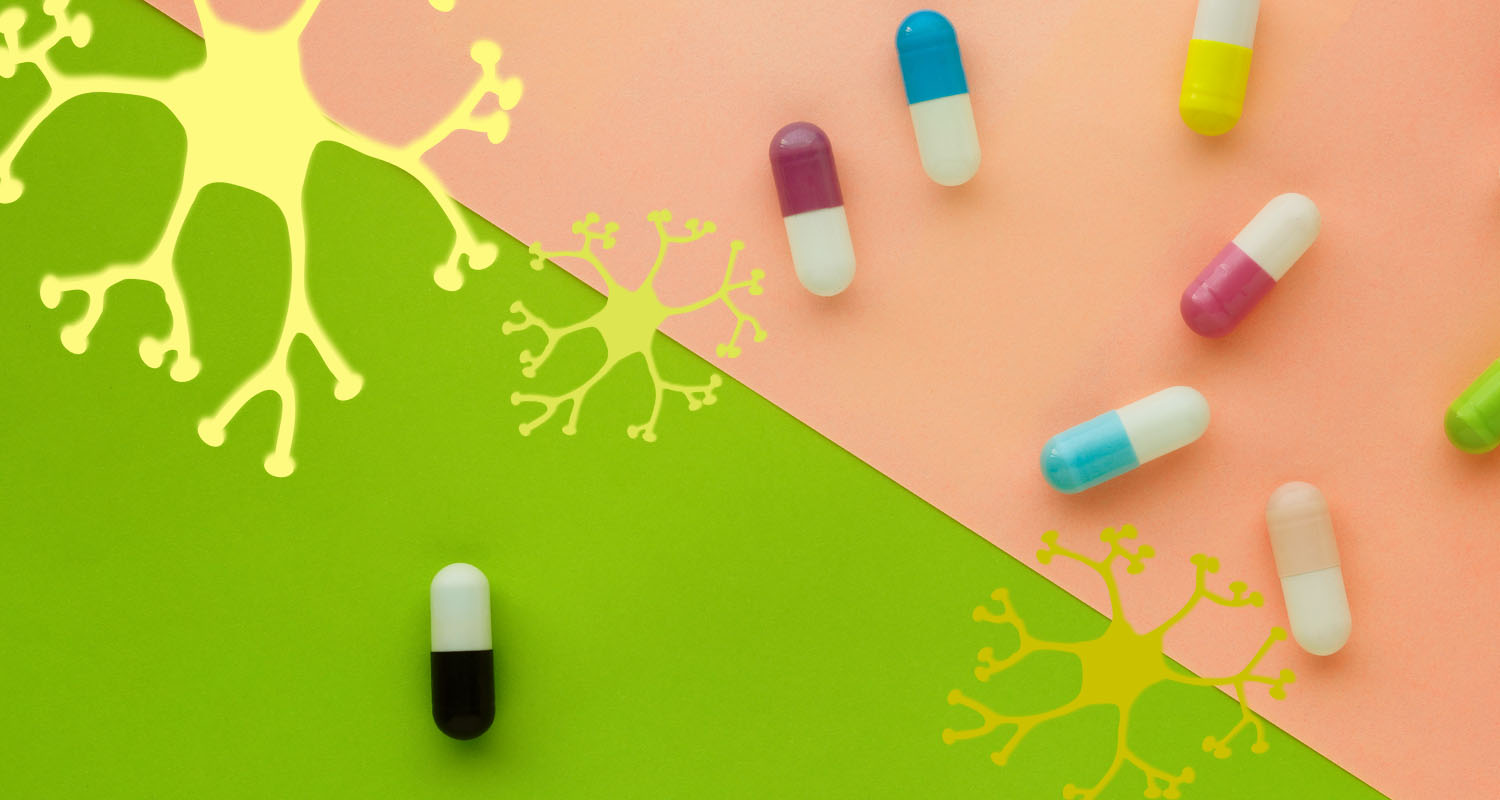
- GABA is your brain’s main inhibitory neurotransmitter. It keeps your brain from becoming overactive and promotes calm relaxation.
- GABA is great for anxiety, muscle tension, sleep, stress, and improved mood
- There are a lot of different ways to increase GABA levels in your brain. This article includes a list of GABA-boosting supplements, as well as lifestyle changes that increase GABA.
If you’re looking to sleep better, ease anxiety, decrease muscle tension, or boost your mood, you may want to try increasing your GABA levels.
GABA is your brain’s main inhibitory neurotransmitter — it calms your neurons (brain cells) and keeps your brain from getting overexcited.
You make GABA naturally and use it across almost all of your brain. You have GABA receptors in your gut, too: your gut bacteria use GABA to talk to your brain and influence your emotions.[ref url=”https://www.ncbi.nlm.nih.gov/pmc/articles/PMC5127831/”] GABA is a powerful tool if you’re looking to gain control over your sleep, stress, or mood. You can boost it with lifestyle hacks, or you can take supplements that increase GABA.
Here’s a complete guide to GABA’s benefits, how it works in your brain, and the best supplements and habits to balance your GABA levels for a happier, calmer life.
What are GABA receptors and what are GABA’s benefits?
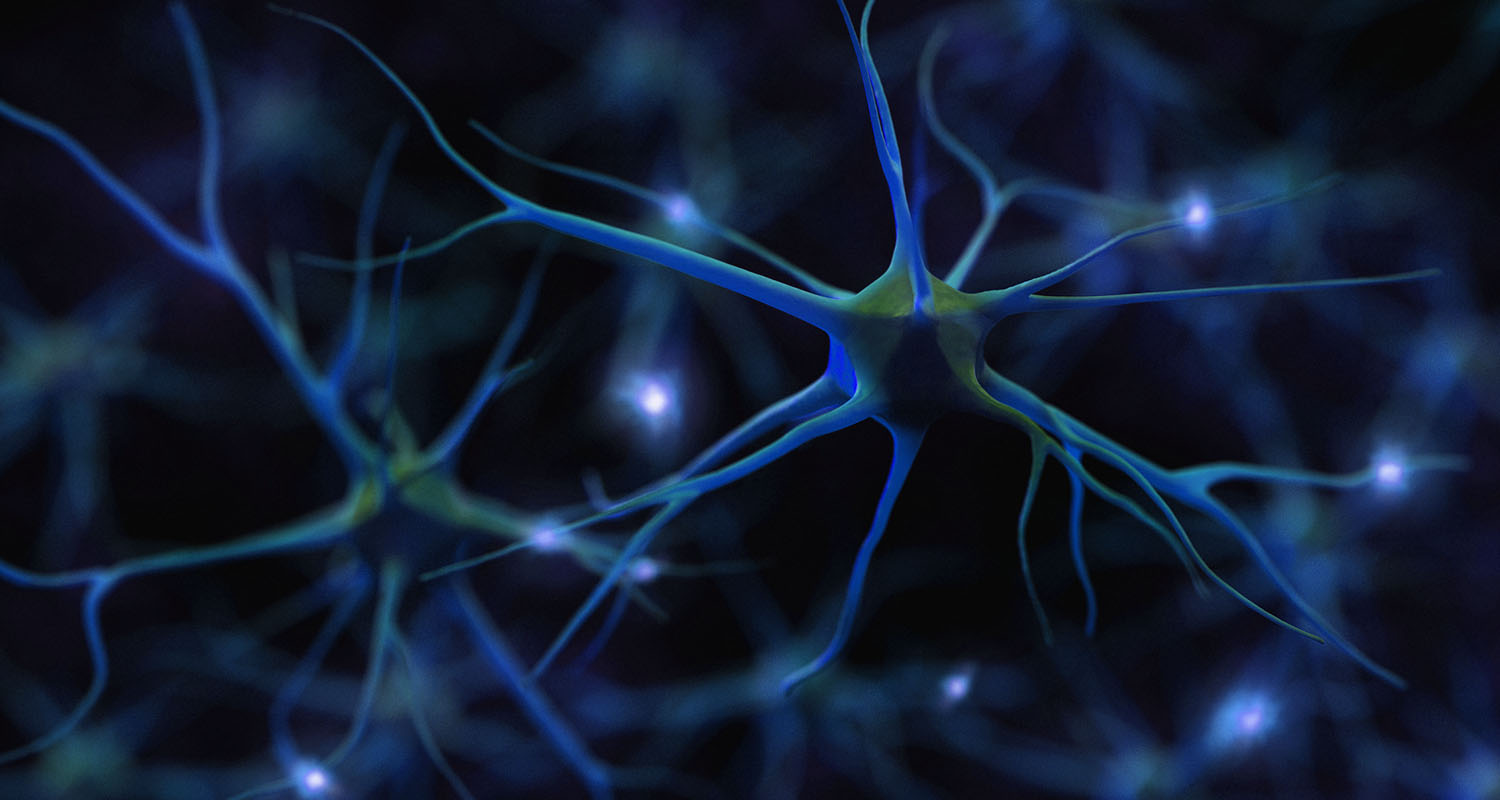
There are two major types of GABA receptors: GABAA and GABAB
GABAA receptors generally promote relaxation, sedation/sleep, and anti-anxiety effects when something activates them.[ref url=”https://www.ncbi.nlm.nih.gov/pmc/articles/PMC5127831/”] The relaxed, buzzy, social feeling you get when you drink? That happens because alcohol binds very strongly to GABAA receptors.[ref url=”https://www.ncbi.nlm.nih.gov/pmc/articles/PMC2043151/”] Anti-anxiety drugs like Xanax and Valium are also strong GABAA activators.[ref url=”https://www.ncbi.nlm.nih.gov/pmc/articles/PMC4020178/”] In fact, the reason it’s so dangerous to drink and take anti-anxiety pills together is because they activate GABAA in slightly different ways, so instead of competing with each other (like two keys trying to fit into the same lock), their effects stack, which can be fatal.
Alcohol and Xanax are both strong enough to be addictive, and neither one is Bulletproof-approved. But gentler GABAA activation can help you relax and give you a wonderful sense of calm, without the side effects of more intense activation.
GABAB receptors are the other major GABA receptor type. Activating GABAB promotes mental relaxation and feelings of happiness.[ref url=”https://www.ncbi.nlm.nih.gov/pubmed/15629203″][ref url=”https://www.ncbi.nlm.nih.gov/pubmed/23872369″] GABAB activation also eases muscle tension.[ref url=”https://www.ncbi.nlm.nih.gov/pubmed/23872369″] In general, GABAB receptors have a more subtle effect on your brain than GABAA receptors do.[ref url=”https://www.sciencedirect.com/science/article/pii/S0074774208603049″] Activating both can be useful for improving your performance.
GABA for anxiety and muscle tension

But if you’re feeling anxious or tense, you don’t want to rely on a benzodiazepine like Xanax or Valium to relax. Because they’re so strong, benzodiazepines are very addictive, and you build tolerance to them quickly.[ref url=”https://link.springer.com/article/10.2165%2F0023210-200923010-00002″] There are a lot of sustainable options that have similar relaxing effects without the risk of abuse,[ref url=”https://www.ncbi.nlm.nih.gov/pubmed/29168225″] including lifestyle changes that don’t require you to take anything. Keep reading for a full list
Self-care tools, like the Baloo Living Weighted Blankets, are a great combination with GABA to ease your anxiety and sleep better altogether.
Note: this article should not replace medical advice. If you’re currently on benzodiazepines or any other anti-anxiety medication, absolutely talk to your doctor before making any changes.
GABA for sleep
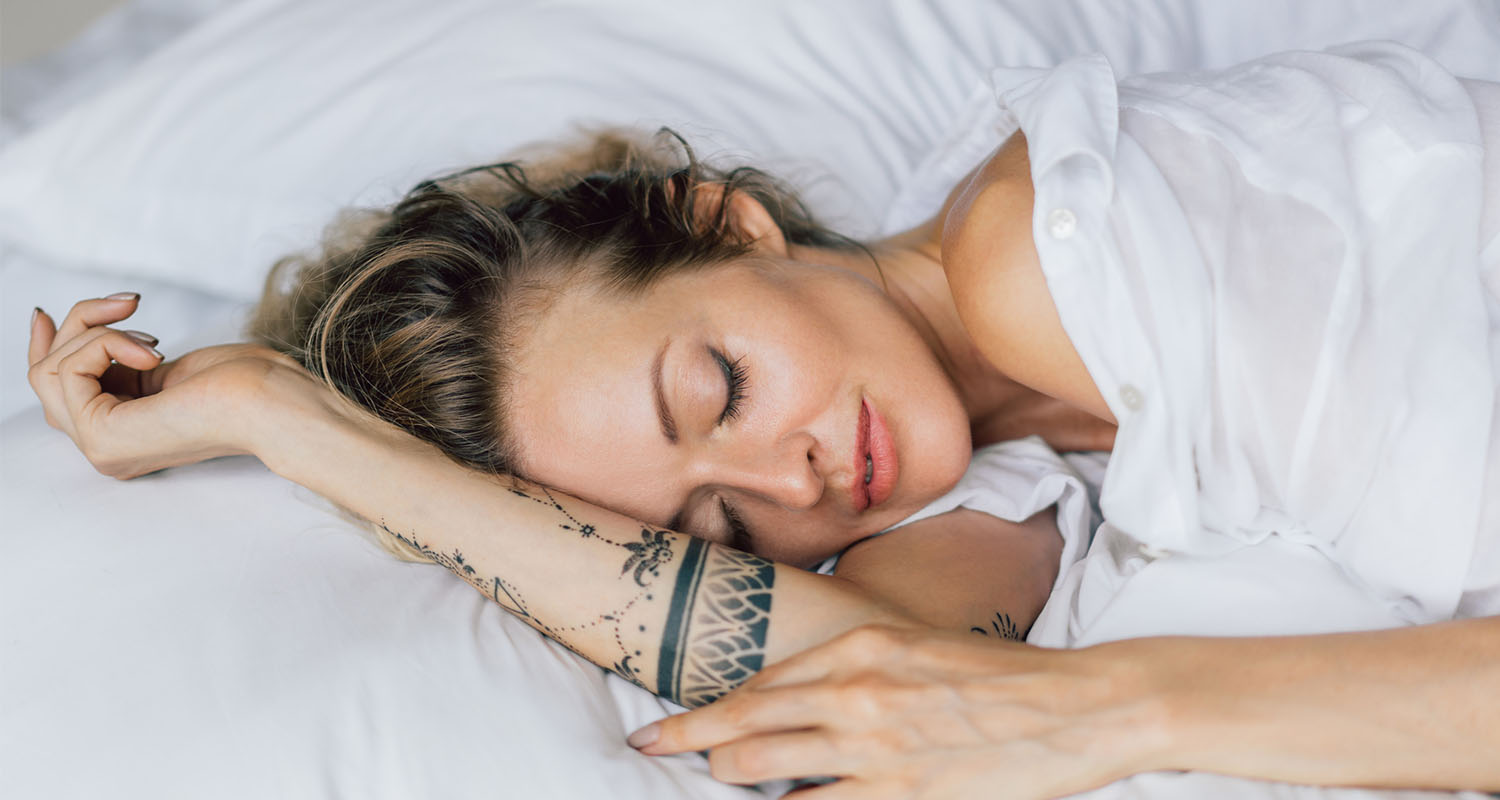
Again, the key here is gentle GABA activation. Finding a balance will help you get a good night’s rest.
GABA for depression and mood
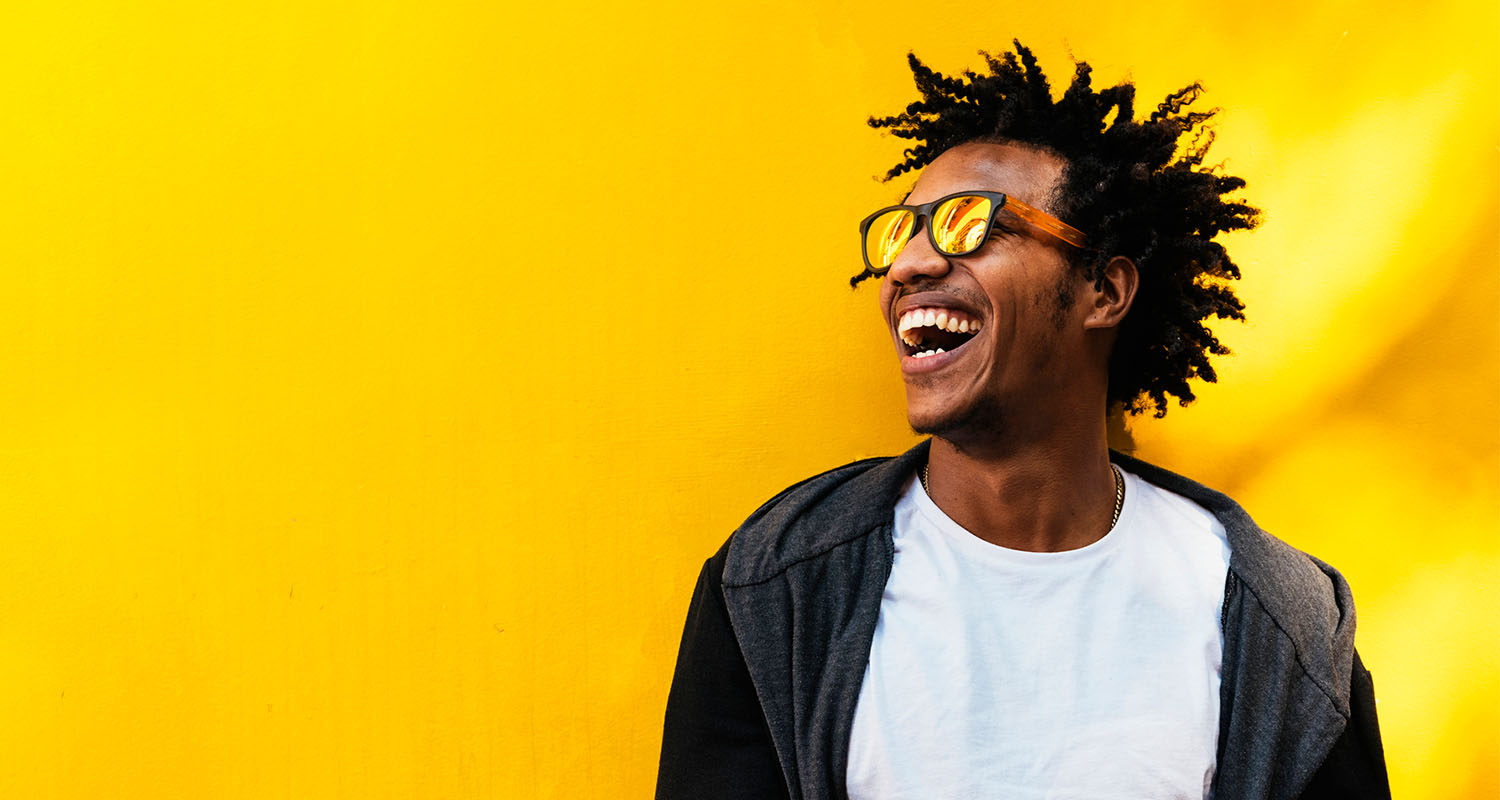
Of course, depression, stress, and anxiety often go hand-in-hand, so GABA indirectly improves mood for a lot of people, and doctors often prescribe GABA-enhancing drugs alongside antidepressants.
If you’re feeling blue and stress or anxiety is a part of it, boosting GABA may help lift your mood and bring a little more relaxed happiness to your life.
The best GABA supplements, dosages, and side effects
Here are a few good ways to increase your GABA with natural remedies and supplements:
Kava
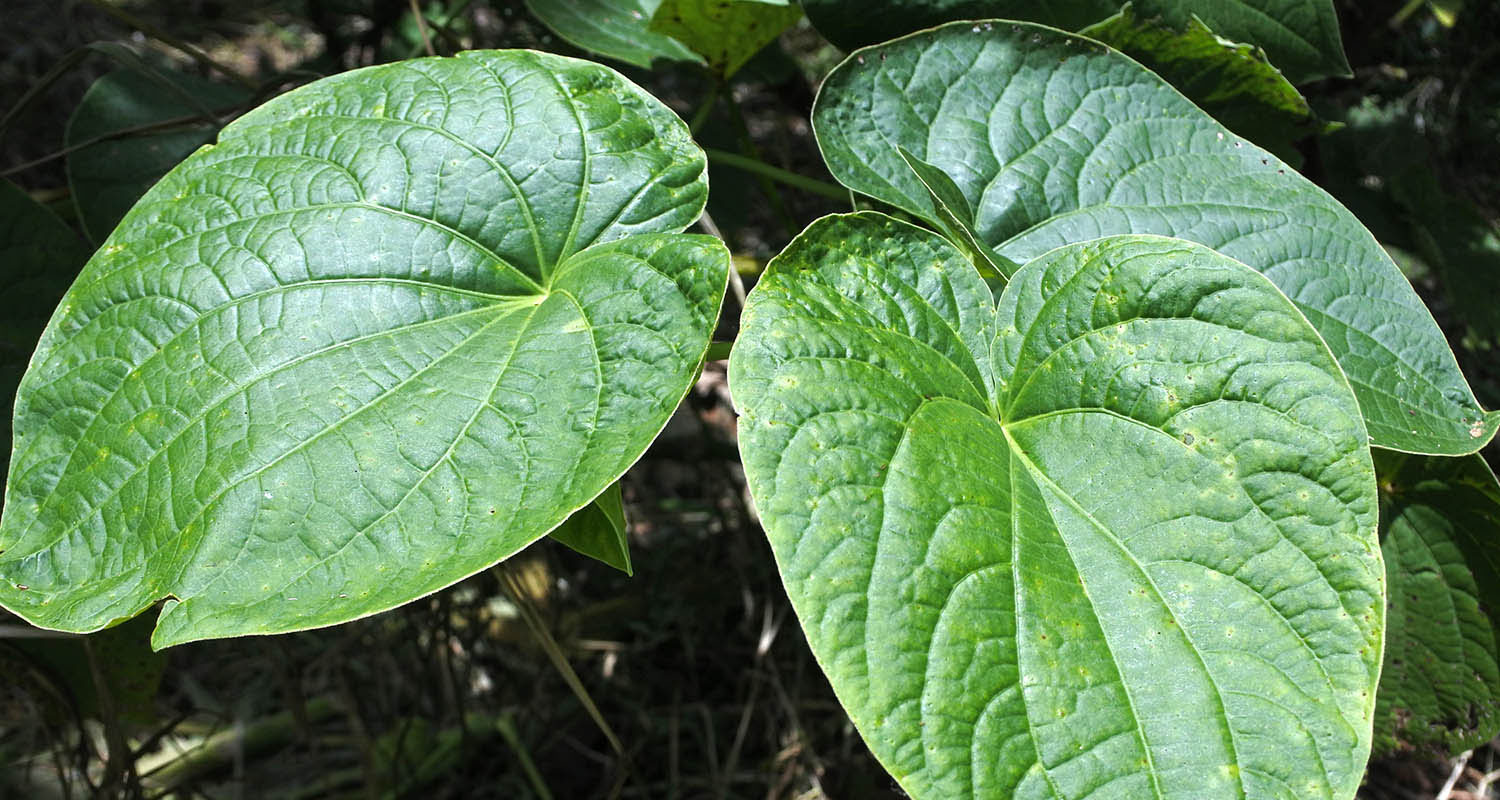
Kava dose and source: Here’s a guide to kava dosage and the best kava sources.
Magnesium
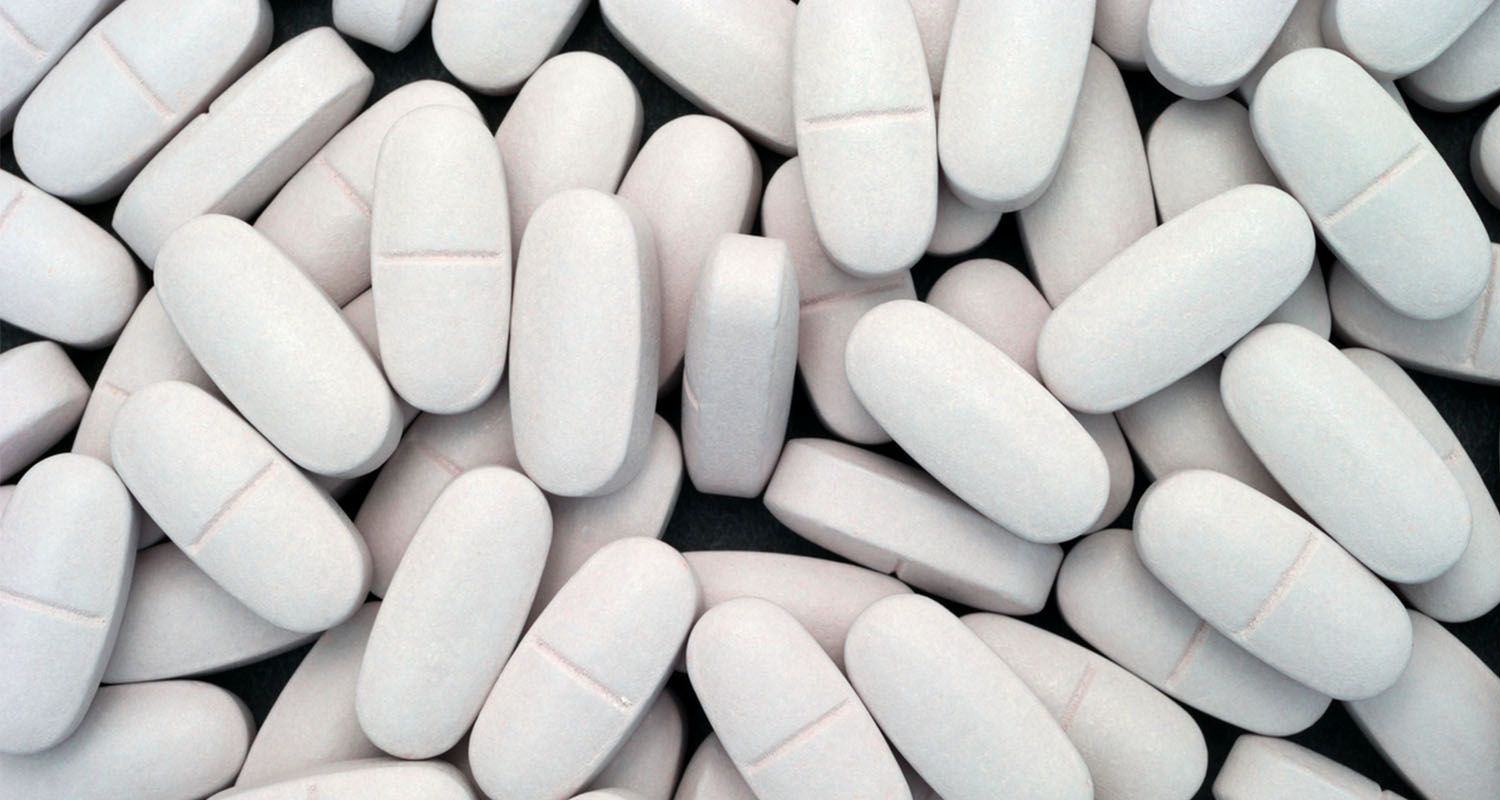
Magnesium dose: 400 mg, an hour before bed
Magnesium source: Magnesium citrate or magnesium glycinate. Citrate is more bioavailable, but it may upset your stomach; glycinate is slightly less bioavailable and won’t upset your stomach.
Ashwagandha
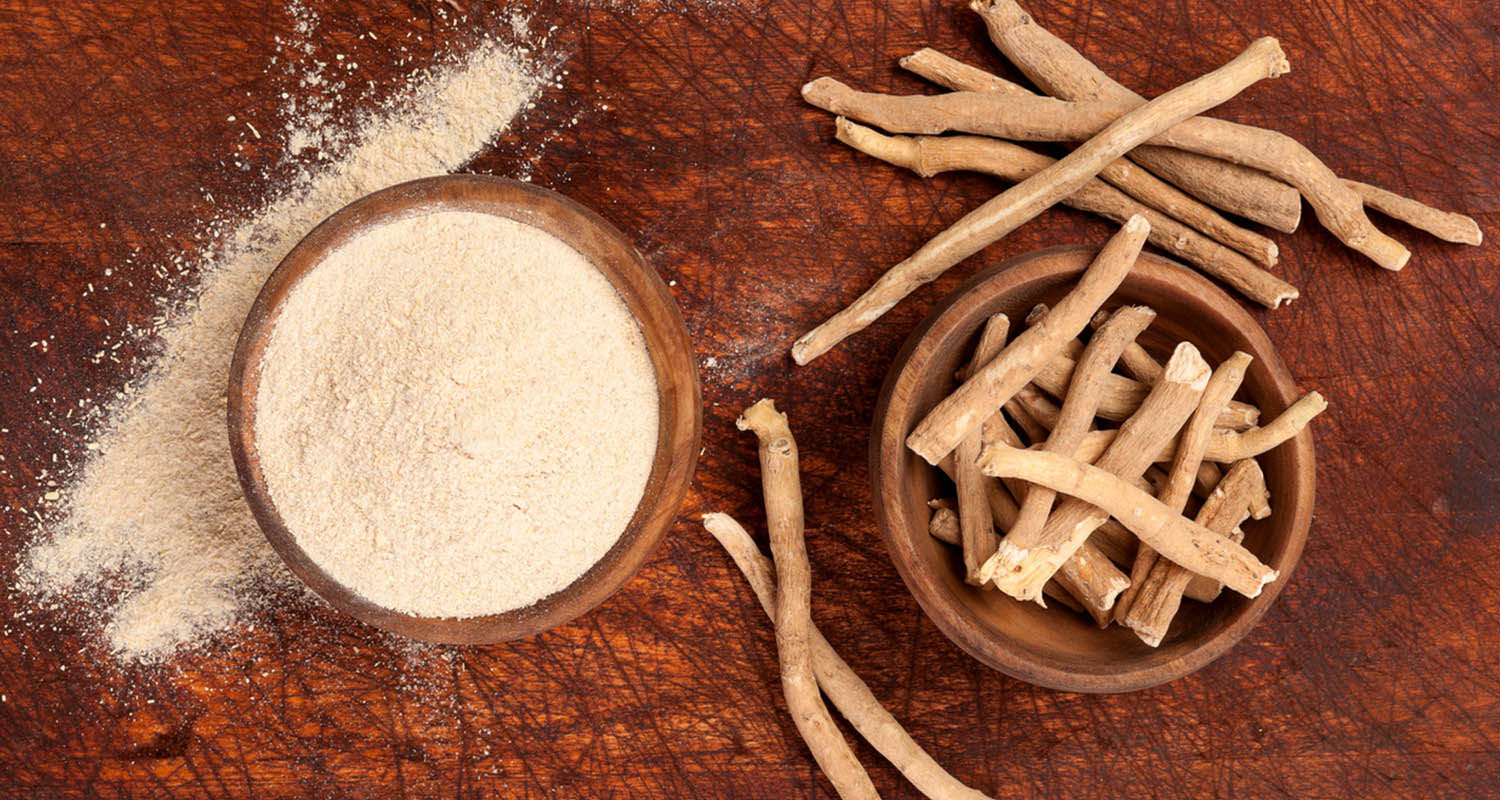
Ashwagandha dose: 500-1000 mg, taken anytime
Ashwagandha source: Zen Mode or pure ashwagandha root
L-theanine
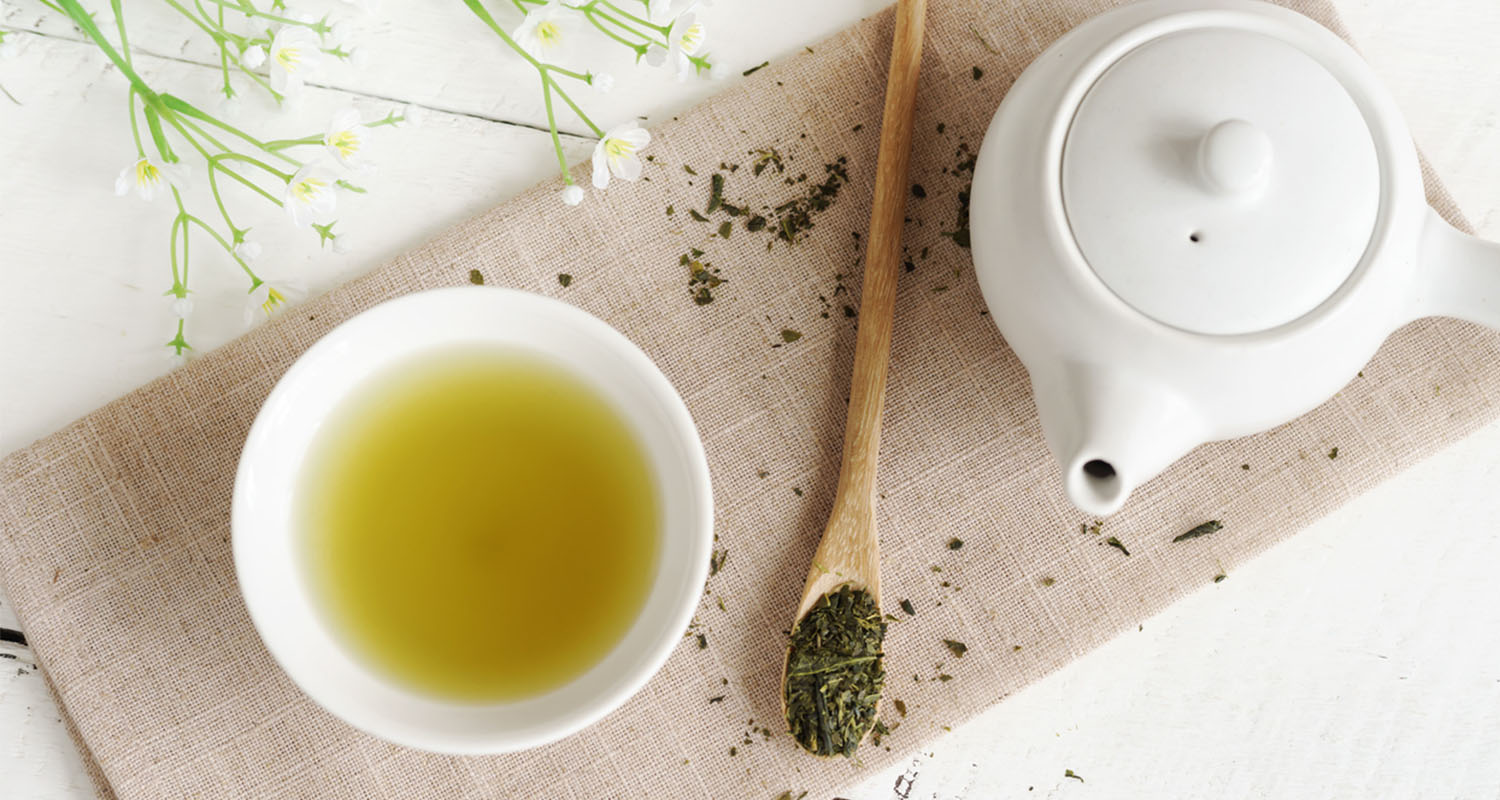
L-theanine dose: 200-400 mg
L-theanine source: Zen Mode, green tea, or L-theanine capsules
Phenibut
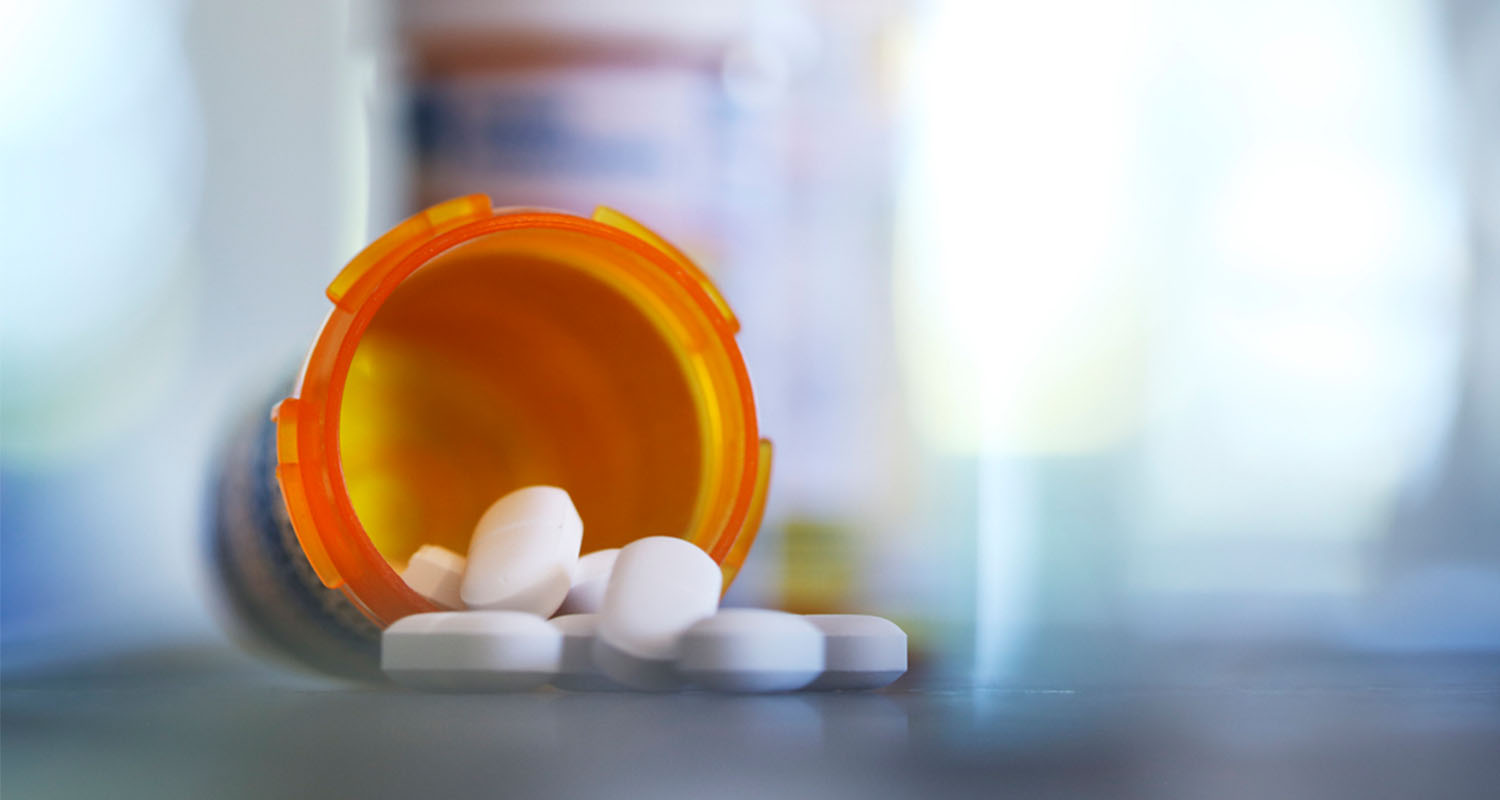
Phenibut dose: 600 mg, at most twice a week
How to raise your GABA naturally
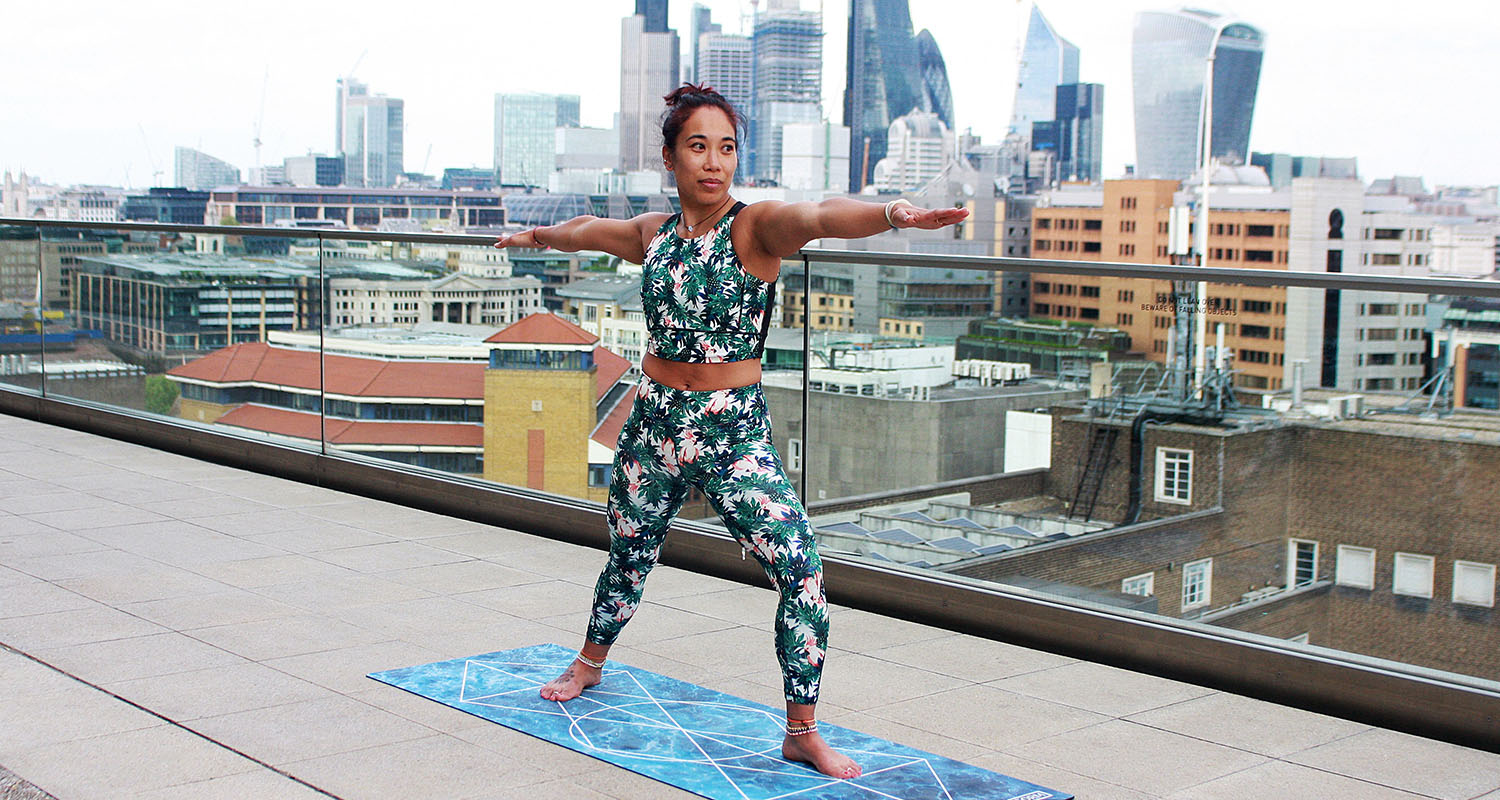
- Meditation: Sitting in silent reflection increases brain GABA levels,[ref url=”https://www.ncbi.nlm.nih.gov/pmc/articles/PMC4769029/”] as well as sensitivity to GABA signaling.[ref url=”https://www.ncbi.nlm.nih.gov/pubmed/10859661″] Don’t know where to start? Check out this beginner’s guide to meditation.
- Yoga: The world’s favorite stretching and mindfulness exercise also increases GABA signaling.[ref url=”https://www.ncbi.nlm.nih.gov/pubmed/10859661″]
- Exercise: In fact, exercise in general increases GABA signaling and relieves anxiety, stress, and depression.[ref url=”https://www.ncbi.nlm.nih.gov/pmc/articles/PMC5554572/”] Try one of these great workouts to include in your daily life.
Whether you take a supplement or start meditating (or both), your brain will thank you for bringing your GABA levels into balance.









